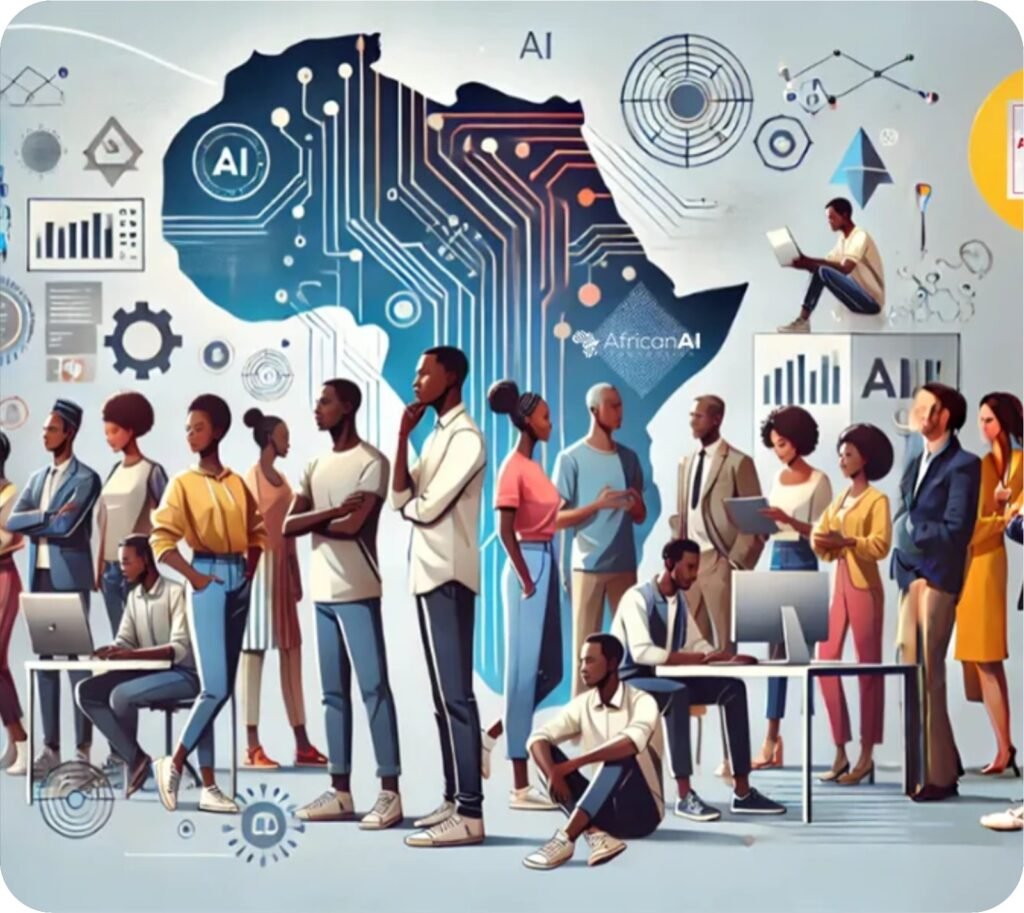
Artificial Intelligence is no longer a distant concept for Africa — it’s here, transforming how farmers predict crop yields, how banks assess loans, and how students learn in remote villages. But the continent now stands at a high-stakes crossroads: how to regulate AI without choking the very innovation it needs to thrive. Make the rules too strict, and you risk suffocating startups before they scale. Leave it unchecked, and you risk exploitation, bias, and economic dependency.
Globally, AI regulation is accelerating. The EU’s AI Act has set strict compliance standards. The U.S. is moving toward federal oversight. China is already policing generative AI tools. But Africa cannot afford a “copy-and-paste” approach. The continent’s challenges — from vast informal economies to patchy infrastructure — mean imported models will fail if not adapted to local realities. AI regulation in Africa must be homegrown, culturally relevant, and flexible enough to encourage innovation.
For one, much of Africa’s economy lives in the informal sector, where up to 80% of business activity happens outside formal structures. AI could transform this space, but only if rules encourage adoption rather than bury entrepreneurs in paperwork. Infrastructure is another factor; low internet penetration and unstable power grids demand that any regulatory framework be grounded in practicality, not theory. And then there’s culture: Africa’s AI ethics must prioritize local languages, community-driven decision-making, and protection of indigenous knowledge.
The smartest approach might be to focus first on building regulatory sandboxes — controlled environments where innovators can test AI solutions with minimal compliance barriers. At the same time, policymakers must insist on local data sovereignty to ensure Africa’s stories, languages, and values are not erased from global AI systems. Ethics must be embedded from the start, with safeguards against discriminatory algorithms, especially in critical areas like lending, hiring, and public services.
Equally vital is keeping African talent on the continent. Without incentives such as research grants, tax breaks, and public–private partnerships, the brightest AI minds will continue to leave for better-paying opportunities abroad, leaving Africa dependent on imported solutions. A coordinated African Union framework could also help harmonize laws across borders, making it easier for innovations to scale regionally.
The opportunity window is narrow. If Africa delays, it risks being locked into a passive role — consuming AI built elsewhere, shaped by values and priorities that may not align with its own. But if it moves boldly, it can craft a global model for how emerging economies embrace AI responsibly, ethically, and ambitiously. This isn’t just about managing risk; it’s about taking control of a future where Africa is not just an AI user, but an AI leader.